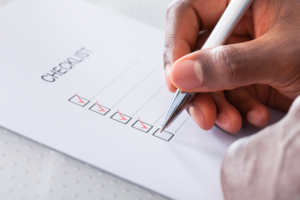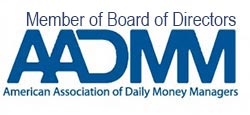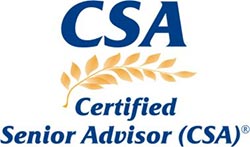 For many people, the last weeks of the year are a scramble to get necessary tasks completed along with preparing for the holidays. To help ensure you don’t miss anything crucial, here are a few things you should do by December 31st to help your finances this year and next:
For many people, the last weeks of the year are a scramble to get necessary tasks completed along with preparing for the holidays. To help ensure you don’t miss anything crucial, here are a few things you should do by December 31st to help your finances this year and next:
- Determine your budget for holiday spending. Overspending for the holidays can leave you in debt. Before you buy, think about how it will affect your finances next year.
- Check your flexible spending account (FSA) balance. Your FSA account is ‘use it or lose it’ so make sure you spend the money for qualified expenses by the end of the year.
- Choose a health plan during open enrollment. Whether you have an employer-sponsored plan, buy your own plan, or you’re on Medicare, review your options carefully.
- Review your finances and create a budget for next year. Now is the time to start developing a budget for next year. Don’t forget to factor in inflation in determining your expenses.
- Contact your accountant and/or financial advisor regarding last-minute tax strategies. Timing and bunching deductions, selling losing stocks to reduce capital gains, and other tactics may reduce your taxes.
- Take your required minimum distribution (RMD) if you are over 72. You must take your RMD by December 31st except if you turned 72 this year. In that case, you can delay until April but you will then be stuck taking two RMDs next year.
- Consider making charitable contributions. Donating has tax advantages as well as helping those in need.
- Review your estate plan and check beneficiaries. You should do this every few years. However, every year, consider making changes if you, your beneficiaries, or executors/trustees/legal representatives have experienced a significant change in family, health, or finances.
- Get insurance quotes and compare them to your existing policy. You may be able to reduce your rates or get better terms. This applies to life, disability, car, home, and other insurance.
- Rebalance your portfolio. You want to have a mix of investments that is appropriate to your age. To maintain the right balance, periodically adjust your mix as you get older and to account for the fact that some investments will do better than others every year.
- Update online passwords. Unfortunately, online accounts are frequently hacked. The best protection is to regularly change your passwords and use difficult ones that cannot be easily guessed.
You may feel overwhelmed trying to get all of these things done by year-end. But you’ll be glad next year that you protected your finances.



